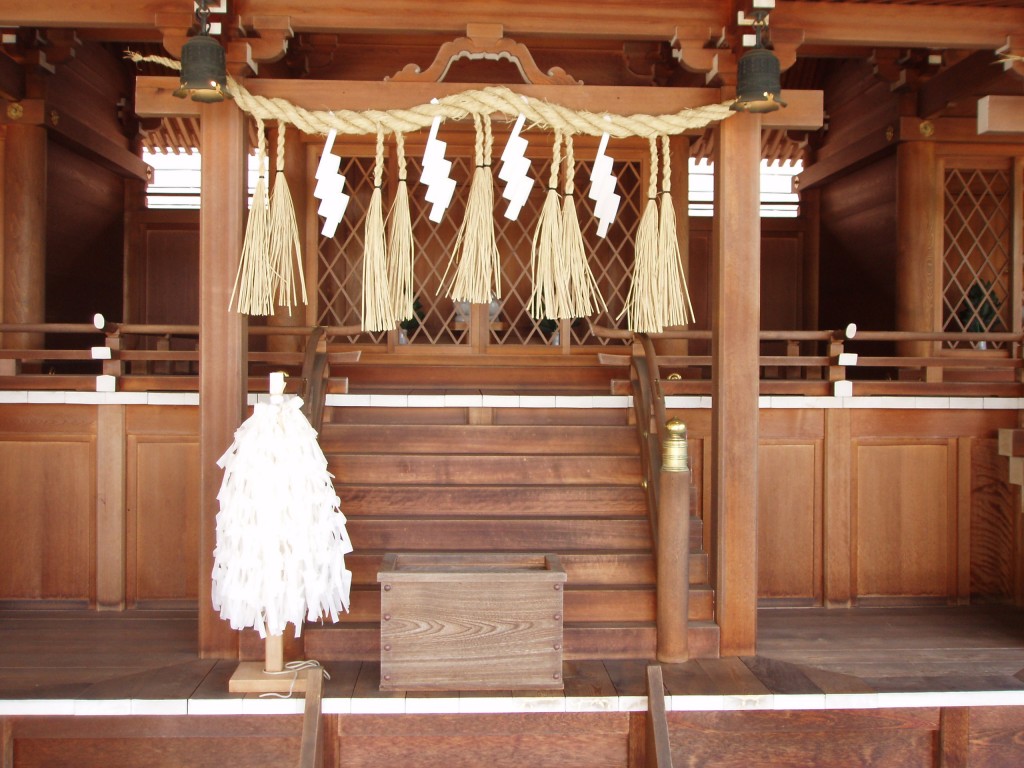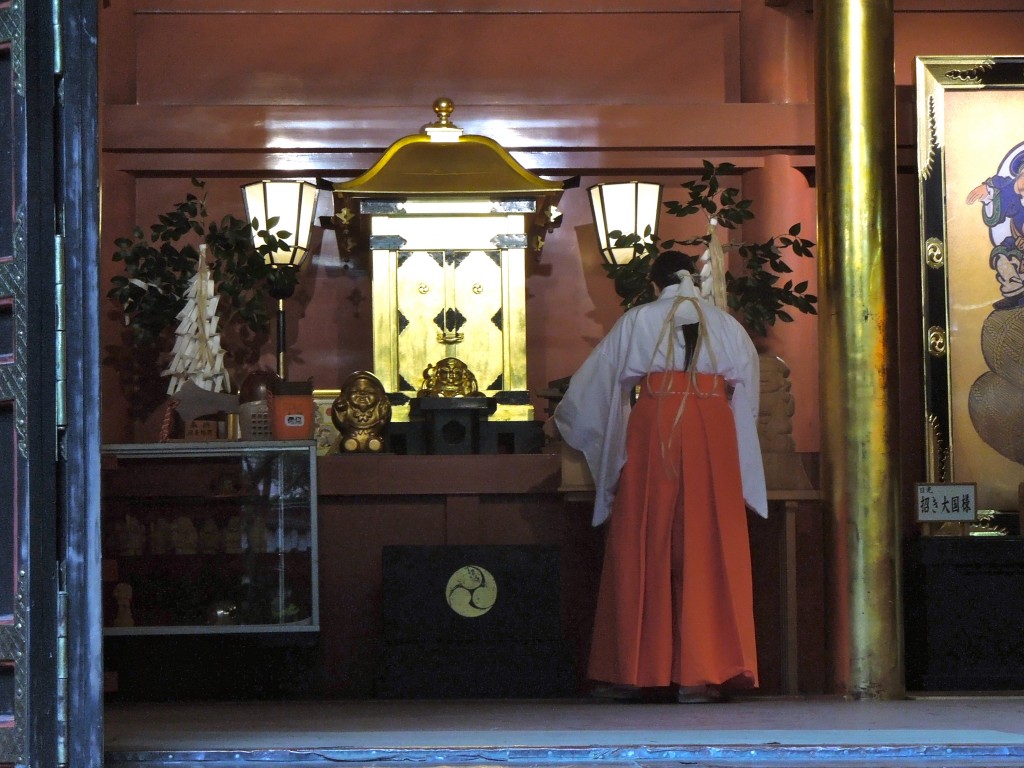uk finance.com has recently come out with an article about how dirty money is. Nice irony for a financial website. Especially so in view of the banking crisis and the Cyprus disaster. It turns out that it’s all filthy lucre, quite literally…. It’s a symbol of a rotten, polluted world. No wonder the samurai would have nothing to do with it!!
******************************************************************

Purify and purificaiton lie at the hear of Shnto – and a concern to ensure that money is ‘clean’
New tests by Oxford University scientists have confirmed what many of us have long feared – cash is dirty, disgusting and riddled with bacteria.
The research found that European bank notes on average contain over 26,000 bacteria. Things are much better with newer, fresher notes and coins, with just 2,400 bacteria found on them.
Perhaps it’s no surprise, given a study by MasterCard found that a whopping 57% of us felt that bank notes and coins were the least hygienic item we come into contact with on a daily basis.
The sut timrvey asked people across 15 different European nations, and in each and every one cash was considered the least hygienic item of all!
******************************************************
So which European nation boasts the dirtiest currency of all? Surprisingly, to me anyway, it’s the Danish krone with 40.266 bacteria. (Anything over 26,000 is apparently a health hazard.).
What’s all this got to do with Shinto, you may well ask?
Well, I think most people would agree that money in Japan is likely to be amongst the least bacteria ridden. All those fresh crisp notes, for example. It’s part of the culture of cleanliness in the country. Nowhere else I know of is as meticulous about hygiene as Japan (except perhaps for Singapore where it has to be enforced by law).
Examples abound about the Japanese obsession with purity. Banisters are wiped methodically on stairs and escalators. Public phones are wiped before use. Special slippers provided for lavatories, and woe to those who forget to take them off afterwards.
On a personal level I’ve had visitors inspect my cutlery, even when they weren’t going to eat. Dirty looks for not staying in the shower long enough. Reprimanded for chewing on a bit of unwashed grass.
The rationale for all this is usually put down to the Shinto emphasis on physical and spiritual purity. It’s just one of many ways that the values of Shinto can be seen to underwrite the basic patterns of Japanese culture. People often ask me why I’m so obsessed with Shinto, and here is one of the prime reasons. As I wrote in my book on Hidden Christians, D.T. Suzuki claimed that Zen underlay Japanese culture, but I think there’s greater reason to claim that of Shinto. I hope one day to write a book explaining why.

Miko collecting ’dirty money’ from the offerngs-box at Futarasan Jinja at Nikko. Will she have to be purified afterwards?

My question would be whether the obsession with purity comes *from* Shinto, or whether it’s just an ancient cultural trait and that’s why it developed *in* the religion to such a high degree? I don’t know that it’s answerable, but I do observe that we (humans) tend to pack our most constant and pressing concerns into religion-shaped boxes…